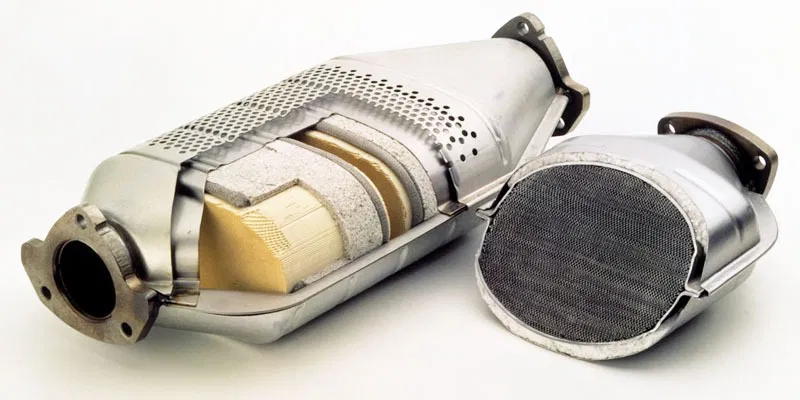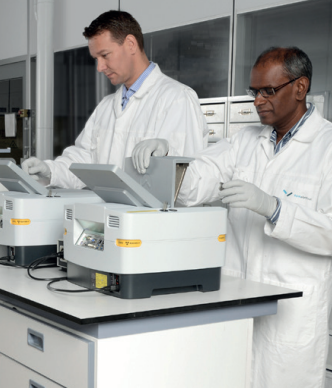
Introduction: Industrial catalysts play a vital role in various manufacturing processes, enabling chemical reactions and facilitating the production of countless products we rely on daily. However, these catalysts can lose their effectiveness over time or become contaminated with impurities. Rather than discarding them as waste, industrial catalyst recycling presents a sustainable and economically beneficial solution. In this blog post, we will explore the importance and benefits of recycling industrial catalysts, highlighting their environmental impact and resource conservation.
-
- Resource Conservation: Industrial catalysts often contain precious and rare metals, making their recycling crucial for resource conservation: a. Recovering Valuable Metals: Recycling allows for the extraction and recovery of precious and valuable metals, such as platinum, palladium, rhodium, and others, from spent catalysts. These metals can then be reused in various industries, reducing the need for new mining operations and minimizing environmental impact. b. Reducing Reliance on New Resources: By recycling industrial catalysts, we can decrease our dependence on newly mined metals. This conservation of resources helps preserve natural habitats, reduces energy consumption associated with mining and refining, and mitigates the environmental footprint of metal extraction.
- Environmental Benefits: Industrial catalyst recycling offers several environmental advantages: a. Emission Reduction: Recycling spent catalysts prevents the need for their disposal, reducing the release of potentially hazardous materials into the environment. Proper recycling prevents contamination of soil, water, and air, contributing to cleaner ecosystems and improved environmental health. b. Energy Savings: Recycling industrial catalysts consumes significantly less energy compared to extracting and refining metals from raw ores. The energy saved during recycling processes helps reduce greenhouse gas emissions and contributes to combating climate change. c. Waste Minimization: By recycling catalysts, we minimize the volume of waste generated and reduce the strain on landfills or disposal facilities. Proper handling and recycling prevent the release of potentially harmful substances into the environment, preventing soil and water pollution.
- Economic Advantages: Industrial catalyst recycling offers economic benefits to businesses and industries: a. Cost Savings: Recycling spent catalysts can be cost-effective compared to the purchase of new catalysts. The extraction and recovery of precious metals from recyclable materials can be more economical than sourcing and acquiring new metals for catalyst production. b. Revenue Generation: Recycling companies specializing in industrial catalysts can generate revenue by extracting and refining valuable metals from spent catalysts. This creates a sustainable business model and fosters economic growth within the recycling industry.
- Sustainable Industry Practices: Recycling industrial catalysts aligns with the principles of sustainable development and circular economy: a. Extended Product Lifespan: Recycling catalysts prolongs their useful life, reducing the need for new catalyst production. By optimizing the lifespan of catalysts, we contribute to a more sustainable and resource-efficient industrial sector. b. Waste Minimization Strategies: Emphasizing catalyst recycling encourages waste reduction and promotes a circular economy model. By actively seeking recycling solutions, industries move away from a linear “take-make-dispose” approach and strive for closed-loop systems.
Conclusion: Industrial catalyst recycling plays a crucial role in achieving environmental sustainability, conserving valuable resources, and promoting responsible industry practices. By extracting precious metals from spent catalysts, we minimize waste, reduce reliance on new resources, and mitigate environmental impact. Furthermore, industrial catalyst recycling offers economic benefits, including cost savings and revenue generation. Embracing catalyst recycling as a standard practice supports the transition to a circular economy and contributes to a greener future for industries worldwide.
For further assistance, you can contact us or visit our facility in Dubai, United Arab Emirates.
Related Blog
The Precious Metals Market: Palladium, Rhodium,…
Navigating the Precious Metals Market: Insights into Palladium, Rhodium, and Platinum Precious metals have long been a cornerstone of […]
How Stonecore Captures XRF Results for…
How Stonecore Captures XRF Results for Automotive Catalysts At Stonecore, we’re committed to using cutting-edge technology to analyze your automotive […]
Don’t Trash It: A Guide to…
Don’t Trash It, Repurpose It: A Guide to E-Scrap Recycling in United Arab Emirates We live in a world obsessed […]




